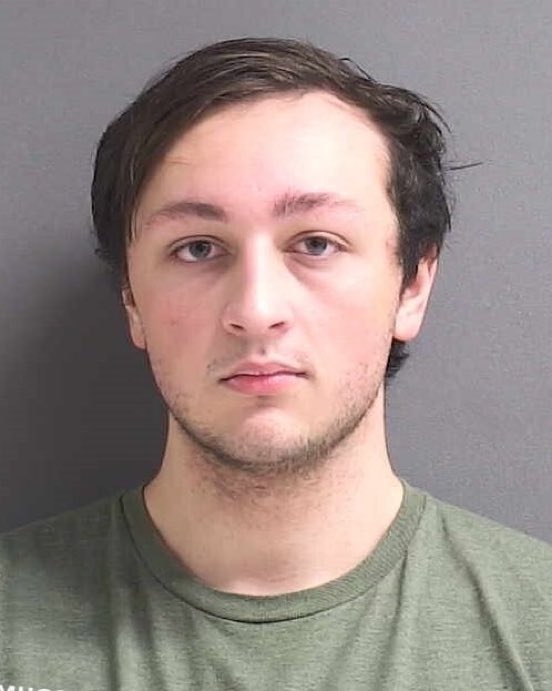
Noah Urban, widely recognized online by his alias “King Bob,” has been sentenced to 10 years in federal prison after pleading guilty to wire fraud in a case that shook both the music industry and digital piracy communities. Urban, who rose to notoriety for leaking unreleased songs from some of the world’s biggest artists, was accused of building an illicit empire around stolen music, using both deception and exploitation of digital vulnerabilities to gain access to unreleased material.
According to federal prosecutors, Urban had been operating under the “King Bob” moniker for years, becoming a shadowy figure in underground forums where unreleased songs were bought, traded, and leaked to the public. Court documents revealed that he obtained access to unreleased tracks by hacking into email accounts, cloud storage, and other private digital archives belonging to musicians, producers, and record label executives. In some cases, he allegedly used phishing schemes to trick insiders into handing over credentials that gave him direct access to sensitive files.
Investigators described his activities as highly organized, far beyond the work of a casual internet hacker. Prosecutors said Urban often marketed the stolen material to interested buyers on the dark web, while also building an audience on social platforms where snippets of the leaks gained viral traction. His operations caused millions in damages to record labels and artists, particularly when entire albums were leaked months before their intended release dates.
In his plea agreement, Urban admitted to knowingly committing wire fraud as part of his scheme to profit from music leaks. Authorities presented financial records that tied him to cryptocurrency transactions and offshore accounts allegedly used to conceal payments for stolen music. The Justice Department argued that his actions had both financial and artistic consequences, disrupting marketing campaigns, damaging careers, and eroding trust within the music industry.
The court emphasized the severity of the offense, with the judge noting that Urban’s actions represented more than mere piracy. By exploiting digital weaknesses and monetizing stolen creative work, he had effectively committed large-scale fraud against an industry that depends heavily on intellectual property protection. The 10-year sentence was described as a warning to others who may attempt to profit from similar schemes.
During sentencing, Urban expressed remorse for his actions, acknowledging the harm he had caused to countless artists and professionals. However, prosecutors maintained that his apology came too late, noting that his online persona as “King Bob” had for years flaunted his ability to steal music and taunt both fans and record labels.
The case has drawn widespread attention across the music world, with many artists and industry executives welcoming the ruling as a step toward greater accountability. For years, leaked music has been a persistent problem, undermining the ability of record labels to control release strategies and robbing artists of the chance to present their work on their own terms.
Legal experts noted that the conviction of Urban highlights a growing effort by federal authorities to crack down on cybercrimes that impact creative industries. The music industry, much like film and television, has increasingly turned to law enforcement to address the challenges of piracy in an age where digital files can be stolen and spread worldwide in seconds.
Urban’s 10-year sentence marks one of the harshest penalties handed down in a music leak-related case, underscoring the seriousness with which prosecutors approached the matter. Authorities said that while music piracy has long existed, the level of sophistication in Urban’s scheme set his case apart.
As he begins serving his sentence, the broader conversation about protecting creative works in the digital age continues to grow. The story of “King Bob” serves as both a cautionary tale and a precedent, reminding those who attempt to profit from stolen intellectual property that the consequences can be severe.
Would you like me to also create a shorter news-style version of this for quick reading?






